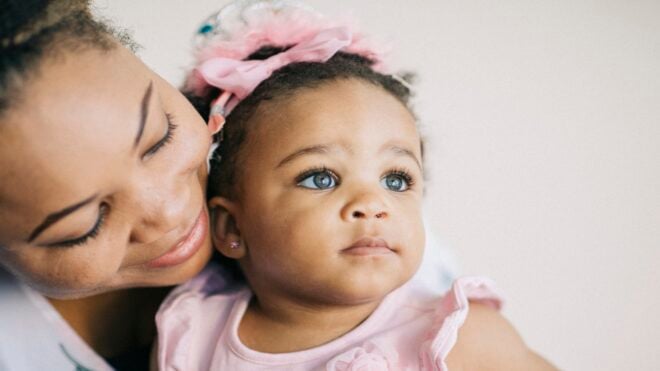
In this article
During the Festival of Lights in India, you can see rows (avali) of lit clay lamps (deepa) people have placed outside their homes to represent the inner light that protects from spiritual darkness.
This festival, also called Diwali or Dipawali, is considered the most significant festival in India. Many compare it to Christmas for Christians. Read on to learn more on what Diwali is about and how to celebrate Diwali respectfully.
What is Diwali about?

Diwali festivals are not only celebrated in India by Hindus but by people of all religions and cultures across South Asia. There are various legends behind Diwali, but there’s a unifying theme among them: good prevailing evil. Diwali is also when people celebrate new beginnings.
Like the name suggests, the Festival of Lights is recognizable because the streets, storefronts, and houses are lit by small oil lamps. Families visit one another with gifts and open arms, dressed in their best Indian attire — such as the ankle-length lehenga — to usher in wealth and prosperity.
“Diwali/Deepavali has long been a cultural holiday where people get together, have parties, give gifts to each other, and generally pray for a prosperous future. For some communities, the day after Diwali also marks the beginning of the new year,” Deven Patel, a professor at the University of Pennsylvania’s South Asia Studies department, told USA Today.
When is Diwali?
Diwali takes place over five days, and those dates change based on the Hindu lunar calendar. However, it will typically land around October and November. This year, in 2021, Diwali will start on November 2 and end on November 6.
How are Diwali festivals celebrated?

The Five Days of Diwali
On the first day of Diwali, people deep-clean their homes and buy gold or kitchen utensils to attract good fortune. The next day is when people put up Diwali decorations around their homes. They set up clay lamps throughout their house and down their driveways. They also use colored powders, flowers, or sand to create intricately designed patterns called rangoli, meant to bring good luck.
Day three is the main day of the festival, when families get together for a prayer to the goddess Lakshmi, called Lakshmi puja, to help bring blessings for the new year. Then they celebrate with food and fireworks. On the fourth day, they celebrate the first day of the new year. Loved ones gather together with gifts for Diwali, such as food, clothing, and gold jewelry or coins.
On the fifth day, families visit one another, and brothers give gifts to their sisters who are now married and the sisters return the favor by creating a feast. They play card games, dance, sing, and pray.
Traditional Foods
Food is also an integral part of Diwali, especially sweets. Some Diwali sweets include motichur laddu, a small fried ball drizzled in nuts, spices, and sugary syrup, and jalebi, a sweet and crispy spiral. There is also gulab jamun, a milk-based, donut-like dessert in a rose-flavored syrup.
For many immigrant South Asian families, this time of year is a pivotal time to reconnect to their culture and heritage. “Parenting a third-generation South Asian American child has given me a profound appreciation for the ways in which my parents transmitted generational and community knowledge,” Pooja Makhijani wrote for Mom.com.
How to celebrate Diwali without culturally appropriating

As you can tell, Diwali is a very family-centric holiday and you might want to celebrate with yours as well, despite not being South Asian. Here’s how you can celebrate without culturally appropriating:
1. Gather with loved ones, maybe virtually. A big part of Diwali is meeting up with relatives with gifts and celebrating the new year over food, music, and prayer. If it’s not possible to meet with relatives due to COVID-19, consider a virtual Zoom gathering to play games and wish good fortune upon each other.
2. Learn more about the different cultures in India. Take this opportunity to learn more about not only Diwali itself but the history of many cultures in India, from the Jains to the Sikhs. It’s also a time to learn about the history of India itself, from the Indus Valley civilization to colonization to being a parliamentary democratic republic.
3. Plant something to celebrate new beginnings. For the Washington Post, Makhijani writes about having her daughter plant something in the backyard to mark the start of the new Hindu year. Try something similar with your little ones, even if it’s just a small herb plant.
4. Support a local Indian business. Sample a Diwali sweet treat like jalebi, or order dinner from a local Indian restaurant. It’s important to support local businesses as well as give back to the community whose holiday you’re appreciating and celebrating.




